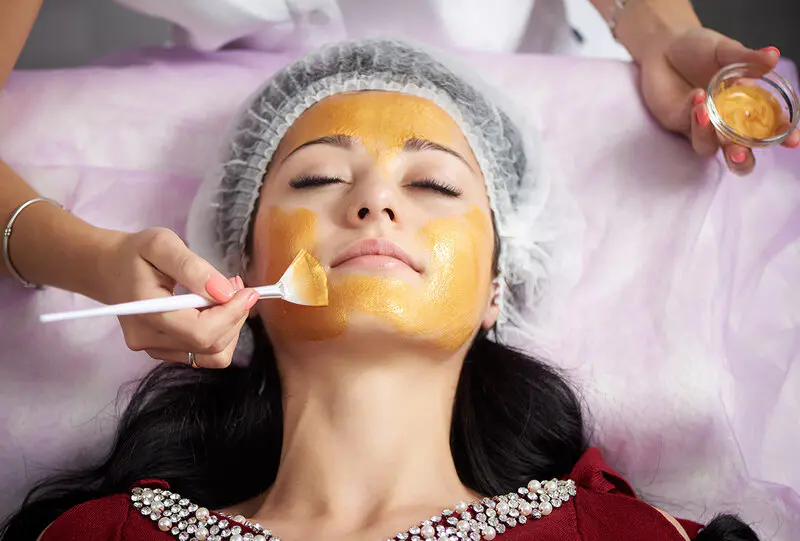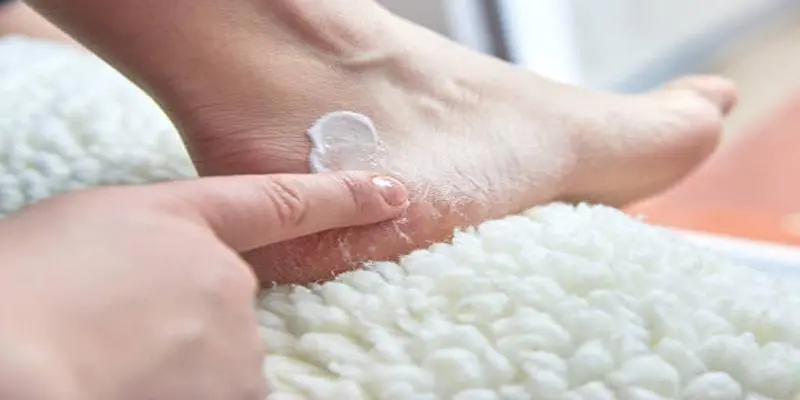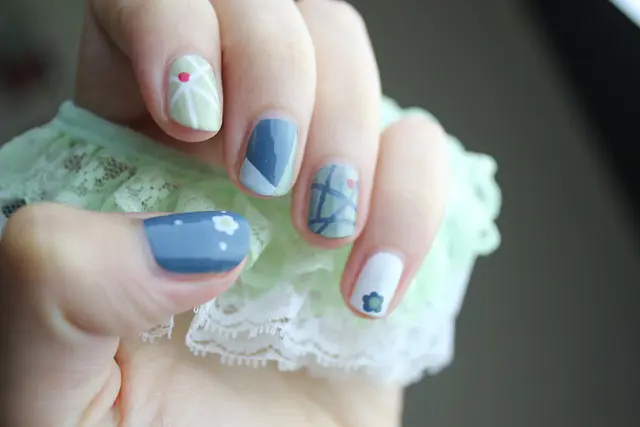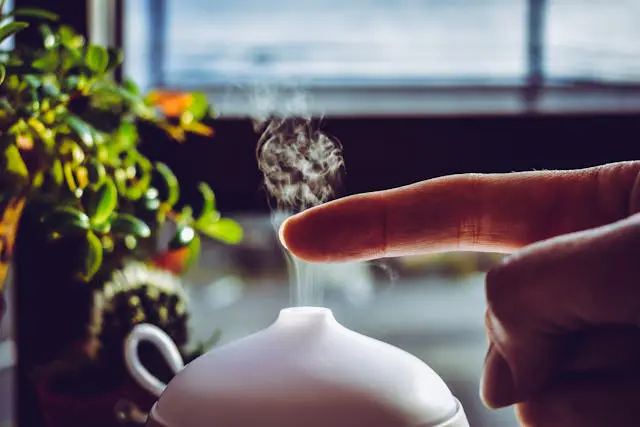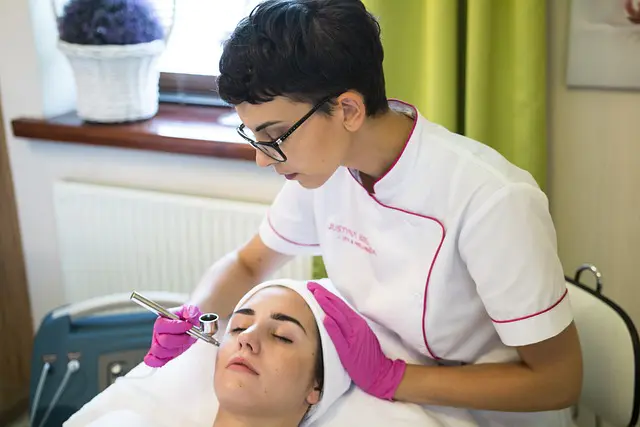Although it's a well-known fact that sleep is essential for overall health, its role in maintaining the vibrancy and health of our skin is often underestimated. The term "beauty sleep" is not just a figure of speech; it represents a biological requirement that refreshes our minds and revitalizes our skin, keeping it radiant and blemish-free.
This piece explores the scientific reasons behind sleep's effects on skin health, the benefits of a good night's rest for your skincare routine, and tips to improve your sleep for a more luminous complexion. Understanding the connection between sleep and skincare can motivate you to prioritize sleep and enhance your skin's natural radiance.

1. The Scientific Link Between Sleep and Skin Health
Sleep is a time for the body to rest and repair, with the skin being no exception. During the night, the body goes through various sleep stages that all play a part in skin health. The most important stages for skin regeneration are deep sleep and REM sleep.
1.1 The Role of Growth Hormone in Skin Renewal
During deep sleep, the body's production of growth hormones, which are vital for tissue repair and growth, reaches its peak. This includes the renewal of skin cells, which helps maintain a youthful appearance and reduces the signs of aging. These hormones aid in the regeneration of skin cells, replacing those that are damaged or have died.
This process is crucial for improving skin texture, reducing the visibility of wrinkles, and evening out skin tone. Sleep, therefore, acts as a natural mechanism for skin repair, allowing it to recover from daily environmental stressors, UV damage, and pollution.
1.2 Repairing Skin Damage
The skin endures a barrage of external elements daily, such as sun, pollution, and harsh weather, which can lead to skin damage, inflammation, and premature aging. Sleep enhances blood circulation to the skin and increases collagen production, aiding in the repair of this damage.
Collagen, a protein that provides structure and elasticity to the skin, is supported by adequate sleep. This helps maintain skin plumpness, smoothness, and youthfulness. Additionally, sleep improves the skin's moisture retention, leading to better hydration and a healthy glow upon waking.2. Sleep and Skin Conditions: The Rest's Influence on Skin Appearance
Beyond the general skin benefits of sleep, adequate rest is also crucial in preventing and managing skin conditions like acne, eczema, and dry skin.2.1 Acne and Skin Breakouts
Insufficient sleep can increase stress hormones, such as cortisol, which can lead to acne breakouts. High cortisol levels are associated with inflammation, sebum production, and clogged pores, all of which contribute to acne development.
Conversely, a good night's sleep helps regulate cortisol levels, reduce stress, and balance hormone levels. By managing these factors, sleep can prevent breakouts and promote clearer skin.2.2 Dry Skin and Hydration
Lack of sleep increases the skin's susceptibility to dehydration. Sleep is essential for repairing the skin's moisture barrier, preventing water loss, and maintaining hydration. Chronic sleep deprivation can disrupt this process, resulting in dry, flaky, and dull skin.
Adequate sleep helps maintain the skin's natural moisture balance and supports its self-repair capabilities, leading to softer and more supple skin in the morning.2.3 Eczema and Skin Inflammation
Inflammatory skin conditions like eczema can worsen with poor sleep. Poor sleep quality increases systemic inflammation, which can exacerbate eczema, psoriasis, and other inflammatory skin conditions.
Restorative sleep helps reduce inflammation and supports the healing of inflamed or irritated skin. By prioritizing sleep, individuals with chronic skin conditions may see a reduction in flare-ups and improved skin comfort.3. Sleep, Aging, and Skin Youthfulness
As we age, our skin naturally experiences changes such as reduced collagen production, loss of elasticity, and the emergence of fine lines and wrinkles. However, ensuring ample, high-quality sleep is one of the best ways to combat premature aging and maintain youthful-looking skin.3.1 Collagen and Wrinkle Reduction
Collagen, the foundation of the
